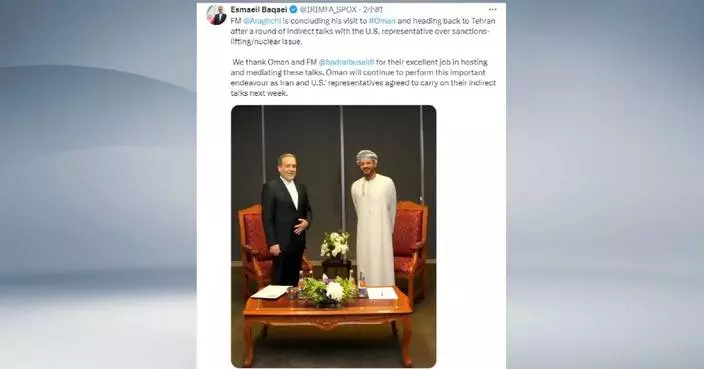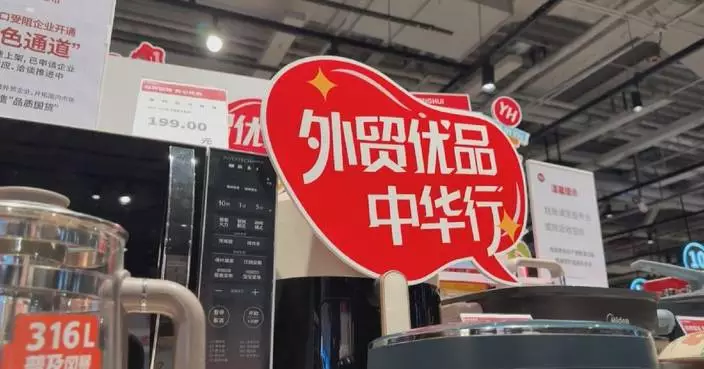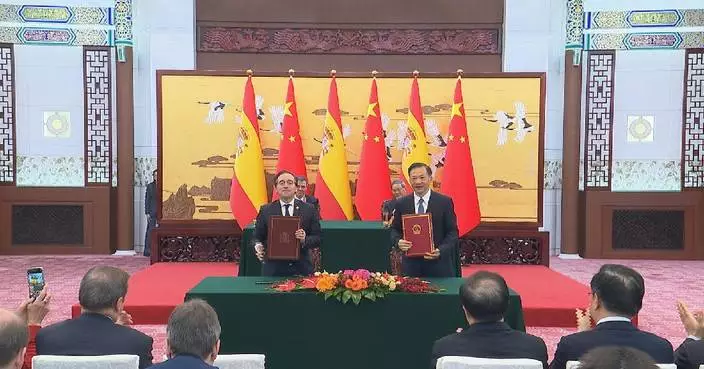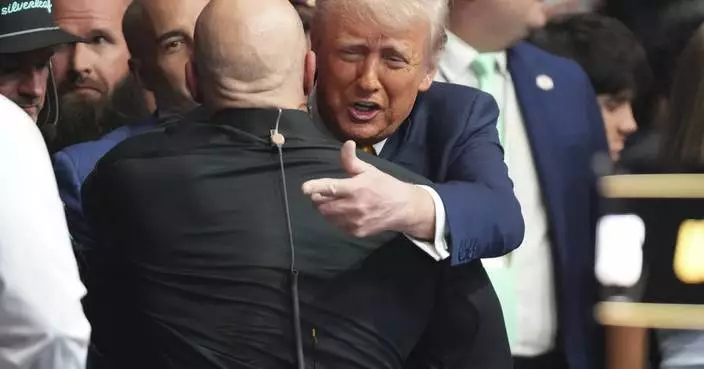Greek auto industry insiders warn that the EU's tariffs on Chinese electric vehicles (EVs) are likely to restrict consumer choice, leaving Greece more vulnerable than established car-manufacturing nations like Germany and France.
The European Commission—the executive arm of the 27-nation EU—approved the imposition of tariffs of up to 45 percent on Chinese EVs after a pivotal vote on Friday. Ten member states backed the tariffs, 12 abstained, and five voted against the decision.
Helen Xenaki, editor-in-chief of "4Troxoi," Greece's longest-running automotive magazine, explained that Chinese EVs provide affordable, high-quality options for European consumers, emphasizing that these vehicles represent an opportunity for growth in Europe's auto industry rather than a threat.
"Consumers will view this as an opportunity, and European car manufacturers will have the chance to follow the technological pathways that China has successfully paved, particularly in areas such as autonomous driving and in-vehicle infotainment (IVI), where Europe lags behind," Xenaki said.
She also warned that European consumers could be the biggest losers if the EU's tariffs increase the price of Chinese EVs. While consumers in auto-producing nations like France and Germany may turn to more expensive domestic brands, the impact would be even greater in Greece, which lacks a national auto industry.
"I believe this will slow the transition to EVs, especially in a country like Greece, where the absence of a domestic auto industry means that rising prices on Chinese cars will make people less likely to adopt EVs," Xenaki added.
Greek dealers of Chinese EVs, however, remain optimistic. They believe that the technological sophistication of Chinese vehicles—particularly in performance, design, and battery innovation— will continue to drive their success in Europe, and that their partnerships with Chinese manufacturers will remain strong.
"We're very confident that our Chinese counterparts, SAIC Motors, will react in a very positive way, together with the rest of the Chinese manufacturers, in order to keep the competitive position of the Chinese products in the European market," said Dimitris Kavvouris, Chief Strategy Officer of Syngelidis Automotive Companies, the official importer and distributor of iconic vehicle brands.
"We have a very strong growth plan for the brand. We are opening stores, both our own and through dealers, across the country. The tariffs have not changed our plans at all," said Nikolas Taki, director of Sfakianakis Group, a local company specializing in the import and trade of cars, motorcycles, and buses.

Greek auto industry insiders see opportunity, not threat, in Chinese EVs

















































